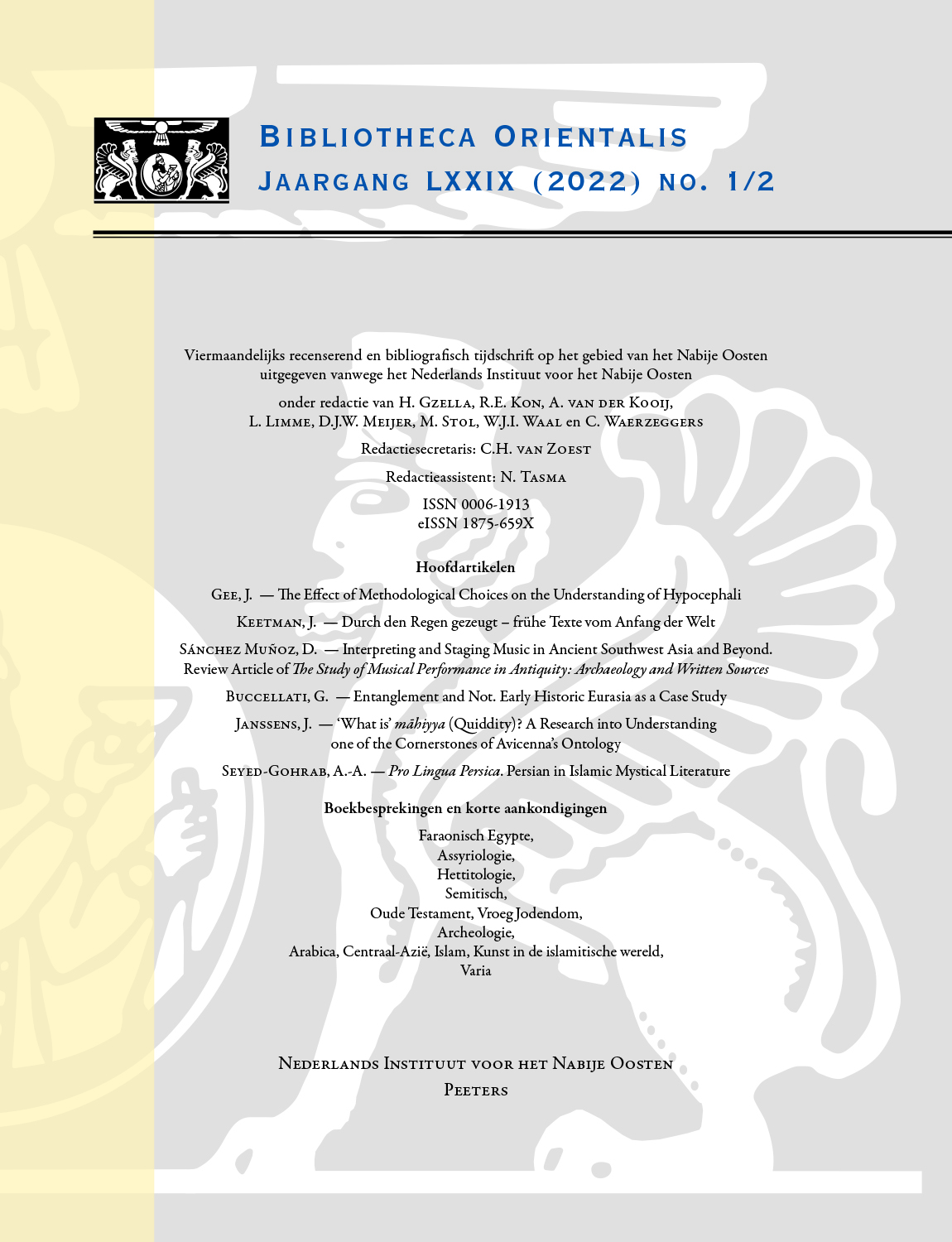 previous article in this issue previous article in this issue | next article in this issue  |

Preview first page |
Document Details : Title: From an Officer in the Ottoman Army to a Muslim Publicist and Armament Agent in Berlin Subtitle: Zekî Hishmat-Bey Kirâm (1886-1946) Author(s): RYAD, Umar Journal: Bibliotheca Orientalis Volume: 63 Issue: 3-4 Date: mei-augustus 2006 Pages: 235-268 DOI: 10.2143/BIOR.63.3.2017973 Abstract : During the colonial era, the Arab world witnessed a strong nationalist movement that called for the unification of the Arabs under common heritage — that all Arabs are united by a shared history, culture, and language and the elimination or minimization of direct Western influence. This movement, as integrated to Muslim religious ideas, was lead by many a great Muslim figure throughout the Muslim world, such as the Syro-Egyptian Muslim scholar Sheikh Muhammad Rashîd Ridâ (1865-1935), the founder of the well-known journal Al-Manâr (‘The Lighthouse’, 1898-1940), the Lebanese Druze prince Shakîb Arslân (1871-1946), who was later banished to Switzerland, and the Grand Mufti of Jerusalem Amîn al-Husaynî (1897-1974), who was later exiled in Berlin (1941- 1945) and became an ally of the Axis. Rashîd Ridâ, for example, believed that the renaissance of Islam could be accomplished through Arab nationalism, for it was the only nationalism that seemed to be in harmony with Islam. He also succeeded in establishing a great network and extended the influence of his religious ideas over the Muslim World from North Africa to Russia and the Far East. After World War I, Arslân moved his efforts from reviving the last caliphate (or ‘Ottomanism’) to Arab nationalism and ‘Islamism’. As an exemplary activist, he in his anti-imperialist struggle was able to make his Geneva residence ‘the umbilical cord of the Islamic world’. His effectiveness as an exiled agitator rested with his ability to attract attention to his activities, to publish frequently in the Arabic press, and to maintain contact with influential groups within Arab [and Muslim] states. In North Africa, for example, he had a great influence on the nationalist Salafiyya movement and was ‘a mentor of a generation’. The religious and political ideas of such figures gained a wide circulation among Muslim elites in almost all Muslim regions. To get their aims done, Muslim nationalists attempted to establish connections and networks of the Muslims, who were of great significance for the mobilization of their efforts. This group of people were the ‘mediators’, who in many ways provided them with needed information, or gave them assistance in their relations with Arab leaders. |
 |


